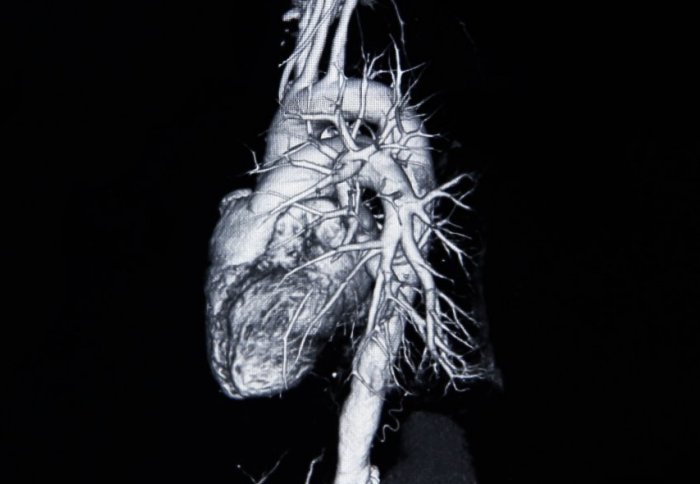Diagnostic Antibodies as a predictor of adverse cardiovascular events

Coronary heart disease (CHD) is the single biggest killer in the UK (responsible for nearly 70,000 deaths in the UK each year) and the leading cause of death globally. Most deaths from CHD are caused by a heart attack. A recently published study, arising from a project grant to the Cardiovascular Theme of the NIHR Imperial BRC, has found that individuals with higher levels of certain antibodies in the blood (namely, immunoglobulins IgG and IgM) are linked to a lower risk of heart attacks.
Using a case-control study method from participants who participated in the ASCOT trial (a large, independent, multi-centre randomised trial designed to compare two anti-hypertensive treatment strategies), the team measured levels of IgG and IgM antibodies, and antibodies specifically against oxLDL (an oxidised form of “bad” cholesterol and which is known to promote atherosclerosis that can lead to heart attacks). They discovered that individuals who had higher levels of these antibodies were less likely to have a heart attack.
Further work is needed to determine whether these antibodies can become valuable biomarkers for indicating the risk of heart attack, but this study provide further evidence for the role of the immune system in heart disease and the protective effects of IgG in particular. The study was funded as part of a competitive call for projects in the Imperial BRC in 2015 (A Case Control and genome-wide association study (GWAS) of IgG anti-oxidised low density lipoprotein (oxLDL) autoantibodies as biomarkers of cardiovascular risk in the Anglo-Scandinavian Cardiac Outcomes Trial (ASCOT); £135,424; P46385).




